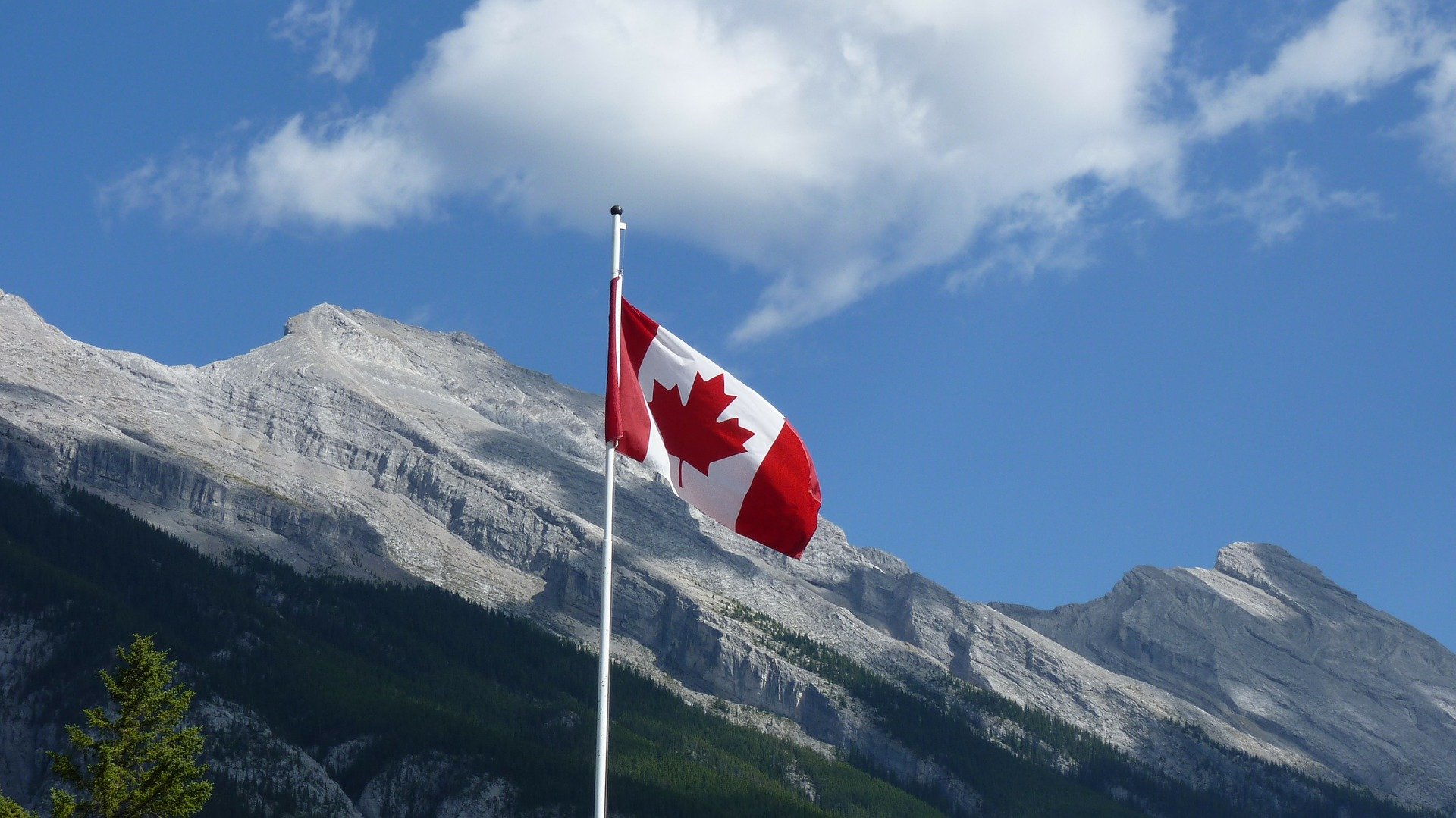
North of the U.S. border, in Canada, federally legal retail sales of cannabis to adult consumers commenced on Wednesday, October 17th. In Canada, the federal government is responsible for licensing and regulating cannabis production, while oversight of distribution and retail operations falls to the individual provinces.
Licensed Producers (LPs) are privately-owned companies, some of which have gone public and generated significant press recently on the topic of their stock prices. On the retail level, some provinces are selling cannabis in state-run stores, some are licensing private retailers, and others are hosting a combination of the two.
Additionally, due to the fact that cannabis commerce is federally legal in Canada, consumers may receive product via the country’s postal service, with provinces and private companies operating websites where orders may be placed online.
Provincial governments are also negotiating supply deals with LPs, as well as setting wholesale and / or retail prices in some cases, depending on their individual regulations, a significant difference from state-legal adult-use and medical cannabis systems in the U.S. However, private retailers are also able to set their own prices and negotiate wholesale transactions with individual LPs.
For example, the Alberta Gaming, Liquor, and Cannabis Commission (AGLC), announced recently that it will charge retailers an average wholesale price of $8.95 CAD per gram of dried flower, according to the Calgary Herald. The province of New Brunswick’s cannabis website includes an online ordering section, with single grams of dried flower retailing for between $8.99 and $15.50 CAD, including tax. The Global News provided a rundown of the range of retail prices across Canada’s provinces.
Shortages of product are expected initially, as LPs ramp up production that had previously only been available for purchase by Canadian medical cannabis patients. However, reports indicate that only a few dozen storefronts across the country were open to consumers on October 17th, the first day of legal sales. Consequently, wholesale demand is not as robust as it will be when more retail outlets are licensed and open for business, although the ability of consumers to order product online adds a new source of demand that is not generally available in U.S. states that have legalized cannabis commerce.
Still, unlicensed retailers and delivery services will almost certainly persist operating, as they have for years in many cases, similar to the situations observed in some state-level U.S. cannabis markets. While provincial governments and private retailers are attempting to set prices at levels that will be comparable to those in the illicit market, some consumers will likely continue to obtain product via unlicensed channels, whether due to lower prices, convenience, or some combination of the two, until the legal system expands and becomes more price-competitive and accessible.
Federal legalization of cannabis in Canada has not had any discernible impact on current wholesale prices for the product in the U.S. It is doubtful that it will have a direct impact in the immediate future, either, as the trading of cannabis between individual U.S. states and Canada is not possible given the product’s federal illegality in America. However, Canadian LPs have been accruing capital, significant amounts of it in some cases, and have already been deploying it in the U.S. via investments in licensed businesses in various states. Thus, Canada’s legal market has and will continue to be a source of capital for licensed U.S. cannabis businesses – and in some cases revenue, via licensing deals and partnerships – which could help them to expand in American markets, or to improve operations and products.
Cannabis Benchmarks is currently collecting wholesale price data across the Canadian market. We are excited to publish supply side price assessments for Canada and its provinces in the coming weeks.